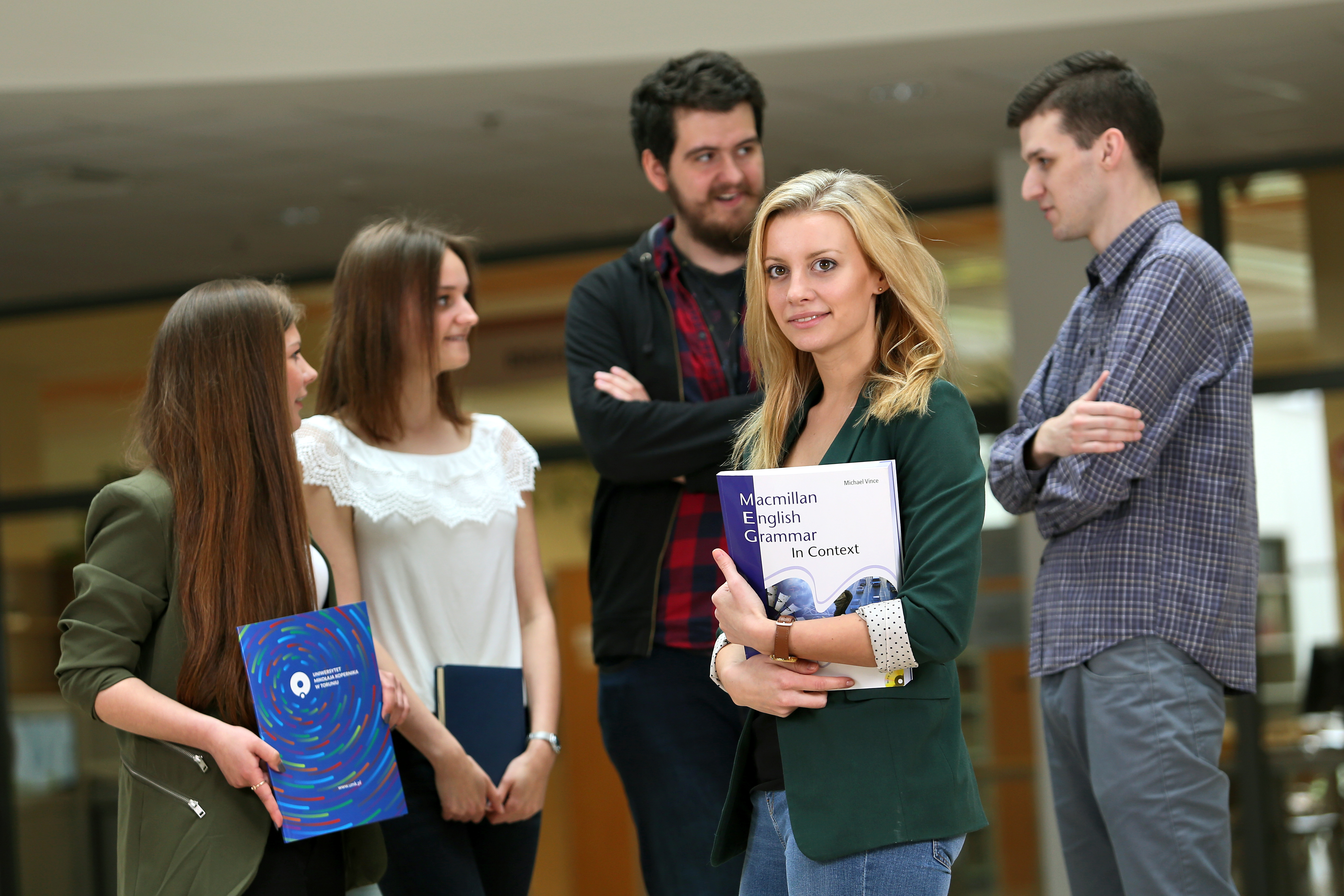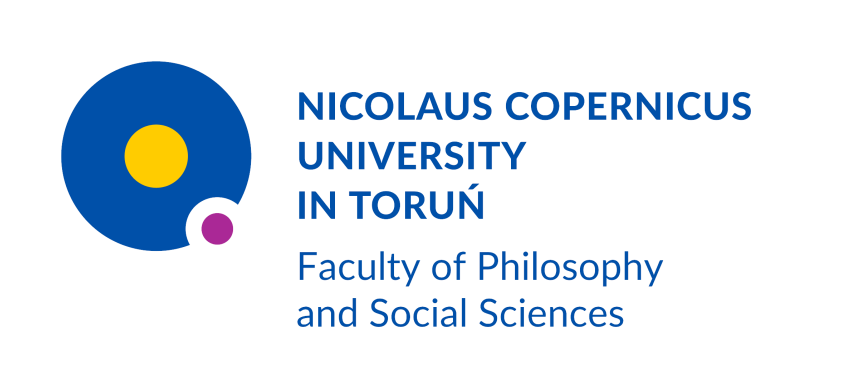
We are a dynamically growing entity which is established in one of the most modern educational facilities in Poland — Collegium Humanisticum. We offer full-time (also doctoral), part-time and postgraduate studies. We provide the following fields of studies: Information Architecture (first-cycle programme), and Information Management and Book Studies (first-cycle and second-cycle programmes). For those wishing to elevate their qualifications, we offer the Postgraduate Programme in the field of Infobrokerage and Information Management or the Postgraduate Programme in the field of Computer-Aided Editorship. In addition, we offer a number of courses and training programmes facilitated by highly qualified staff and practitioners.
An area of exceptionally rapid growth is the Institute international cooperation. Within the international programmes and individual relations, the employees as well as students take part in traineeships and research practices abroad and in international conferences. This gives us the opportunity to both present our scientific results and gather resources necessary for the research projects. A good example is the EU-animated Erasmus+ Programme whose aim is to raise the academic education level and strengthen its European dimension.
Our biggest advantage is the experienced staff, constantly improving in terms of qualifications, which skillfully combines science and practice. On many occasions, our people play the roles of experts, consultants, specialists and advisers. The high quality of education is confirmed by the accreditations acquired by the Faculty which our Institute is part of. Since 2003, the Faculty of History, NCU in Toruń has the power to confer the degree of doctor of humanities in the fields of the book studies and information science, while since 2015 to confer the postdoctoral degree in those fields.
The Institute operates three advanced IT laboratories and multimedia equipment. For the classes, we use the latest technologies — including the educational resources hosted on the e-platform, Moodle. The students have a fixed and free of charge access to the Internet and to the abundant collections of the University Library. Our premises are situated in a new building which is perfectly communicated with the downtown and fully accessible to the disabled. Moreover, we are located in a beautiful city with the Old Town establishments included in the UNESCO World Heritage List.
Some key events:
- 1975 — Launch of the Extramural Study of Library Science.
- 1976 — Appointment of the Department of Library Science and Information Science — Initially within the structures of the Institute of Polish Language. Both the contemporary education profile and the implemented research work focused on the issues of social functioning of the book and library. Over the years they have developed as the extensive research on the old book which was enabled by the abundant historical collections of the local and regional libraries. Along with the development of the information technology, the IISBS instigated the construction of an educational speciality for students in this field. The enlargement of the research issues was accompanied by the employment of young staff which rapidly earned the subsequent scientific grades.
- 1994 — The Department was converted into an independent Chair of Library Science and Information Science within the structures of the Faculty of History, NCU.
- 2000 — The Chair launched four departments and one laboratory: Department of Information Science; Department of Librarianship, Readership and Bibliotherapy; Department of Former and Contemporary Book; Department of Press Studies; and Laboratory of Computer Methods (ceased in 2015).
- 2003 — The FH, NCU received the power to confer the degree of doctor of humanities in the fields of the book studies and information science.
- 2004 — Conversion of the Chair into the the Institute of Information Science and Book Studies.
- 2011 — Move to the new premises — Collegium Humanisticum.
- 2015 — The FH, NCU received the power to confer the postdoctoral degree of humanities in the fields of the book studies and information science.
- 2016 — The Institute launched a new study programme — Information Architecture.
- 2019 — The institute launched second-cycle studies in the field of information architecture.
- 2019 — The Institute has changed its name to the Institute of Information and Communication Research and has been operating within the Faculty of Philosophy and Social Sciences since the academic year 2019/20.

 ul. Bojarskiego 1, 87-100 Toruń
ul. Bojarskiego 1, 87-100 Toruń